The Video Game History Foundation’s Video Game Media Assets Collection is an archive of digital material originally intended for use in media publications. This material is typically generated by a video game publisher and sent to a publication for use, though our collection also includes materials that were generated by the publications themselves, including photography shoots, layout files, and direct capture screenshots. Currently, our collection spans assets created between 1996 and approximately 2011.
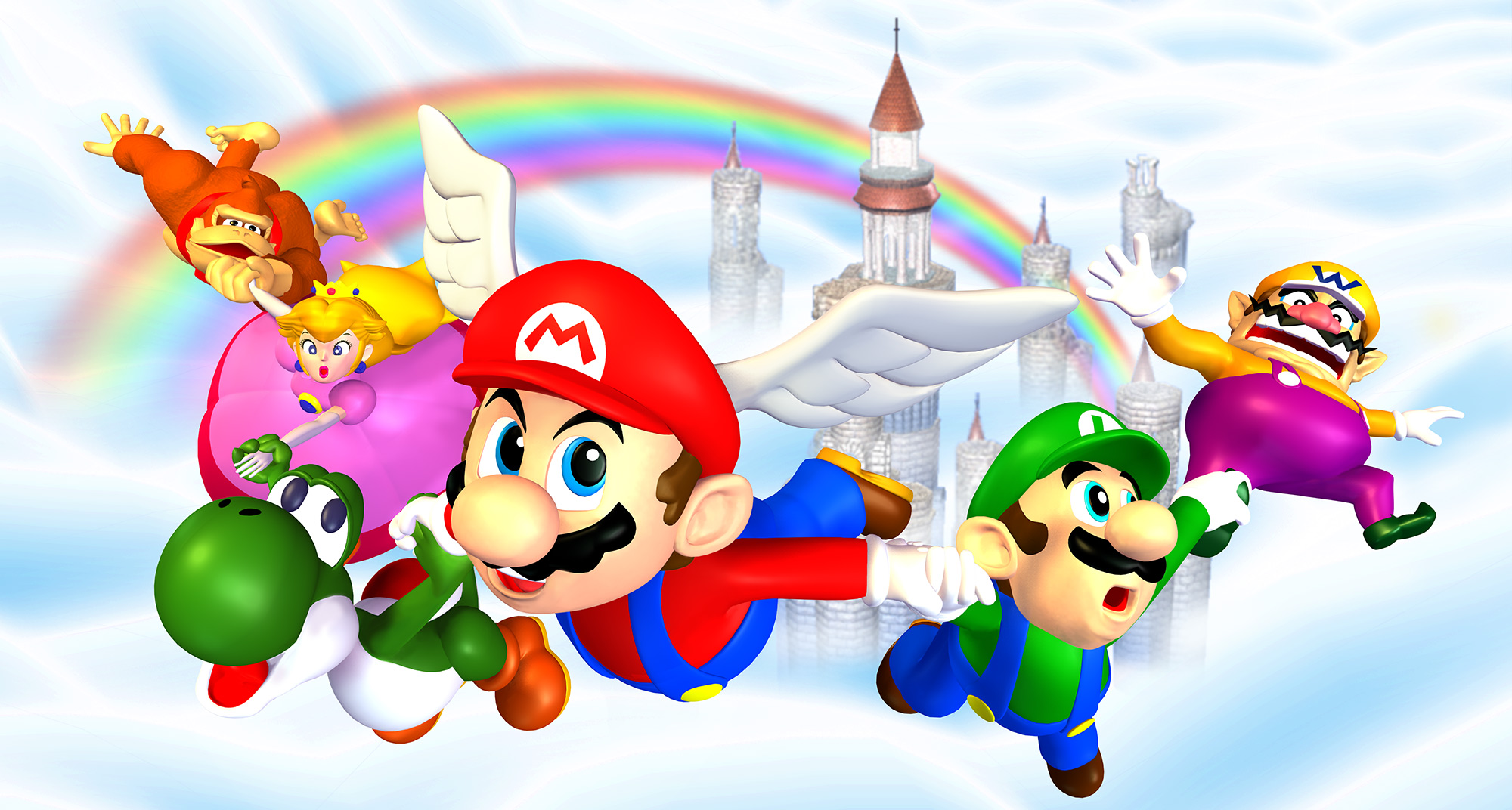
This collection is a large, ongoing project by the Foundation. Our physical holdings currently exceed 400 physical artifacts (typically magnetic disks and optical media) that these digital assets must be extracted from. Those extracted assets often need to be converted into modern readable format as well. Additionally, we have hopes of growing our collection through donations, as well as allowing outside contributors to add to our digital collection through a web portal.
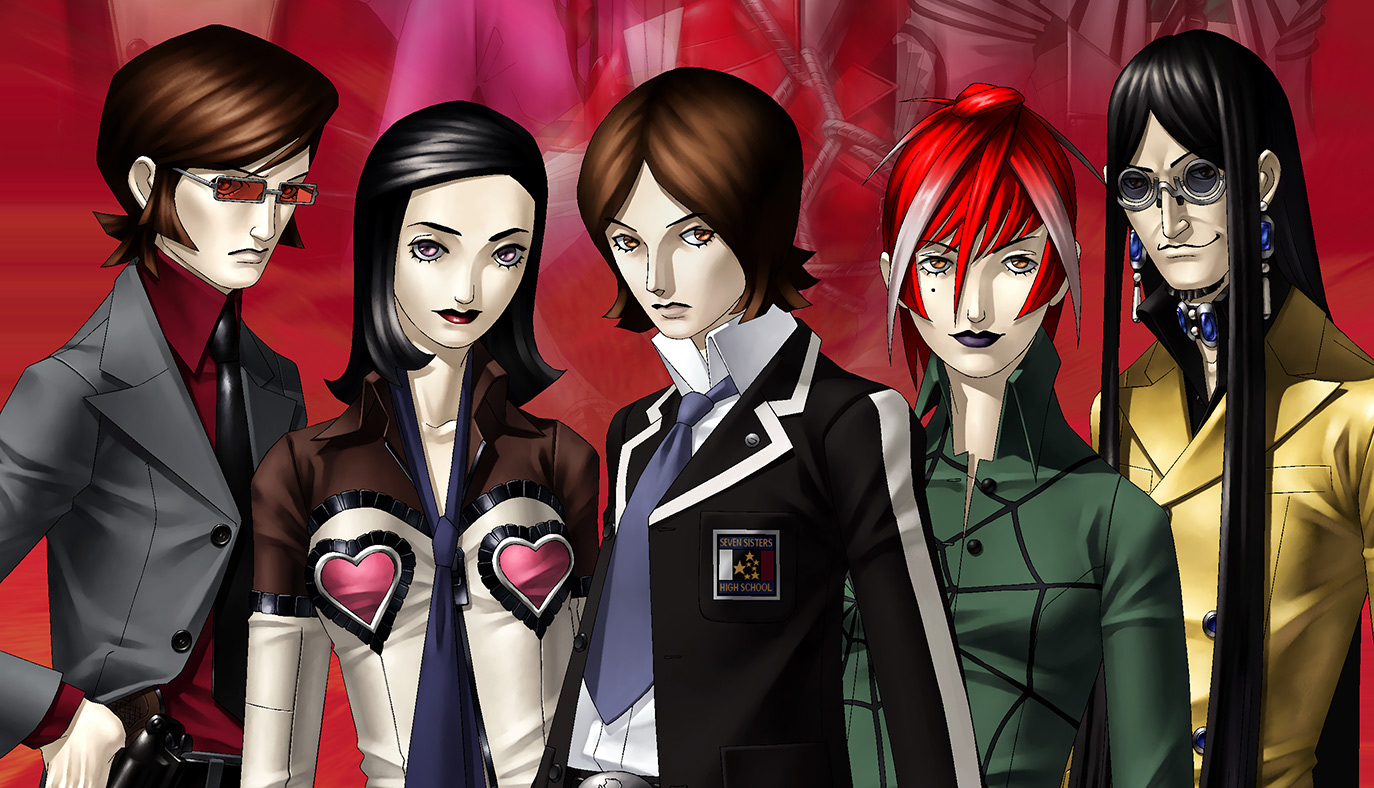
Why Media Assets Matter
Media assets provide unique insight not only into how games were marketed and sold, but in many cases, how they were made. In order to entice a journalist or an editor to write a story about a game, a company would often send “behind-the-scenes” information, including concept art, developer interviews, and more.
Because these assets were usually generated prior to a game’s completion, these collections often include screenshots of work-in-progress games. Sometimes these screenshots show clear differences when compared to the final, shipped product. Other times, these assets give us glimpses into games that never shipped at all.
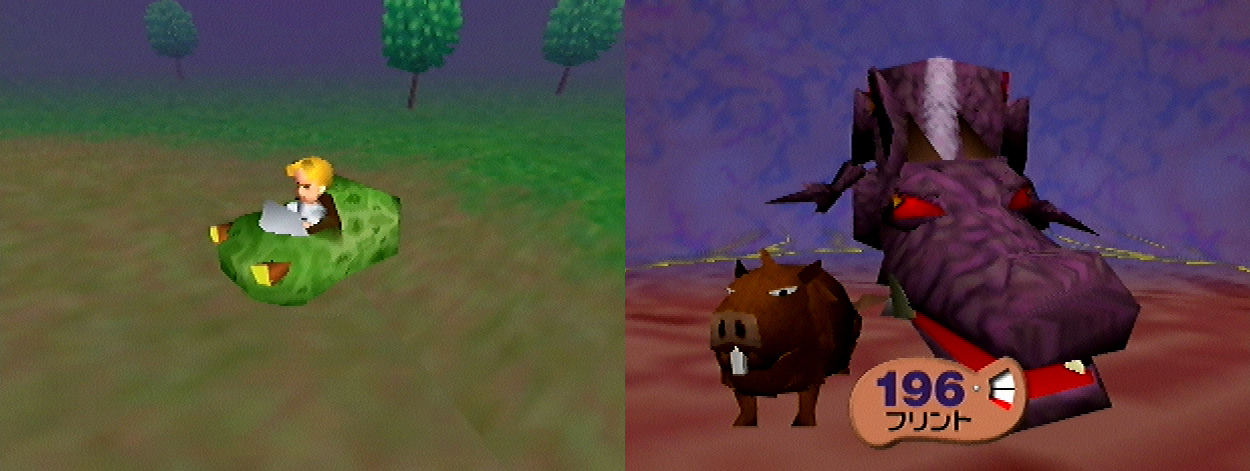
Time is ticking on this material. Most of it is still trapped on physical media not meant for long-term storage, including CD-Rs and Zip disks. Without an organized effort to extract this data, some of it could be lost forever. In many cases, it’s unlikely that even a game’s rights-holders still has this material in its archives.
Restoring Damaged Art
While many of these assets were published in some form, and are often available online, the information contained in these images has sometimes been irreversibly damaged. By recovering the original assets, we’re able to restore this digital art to its original condition.
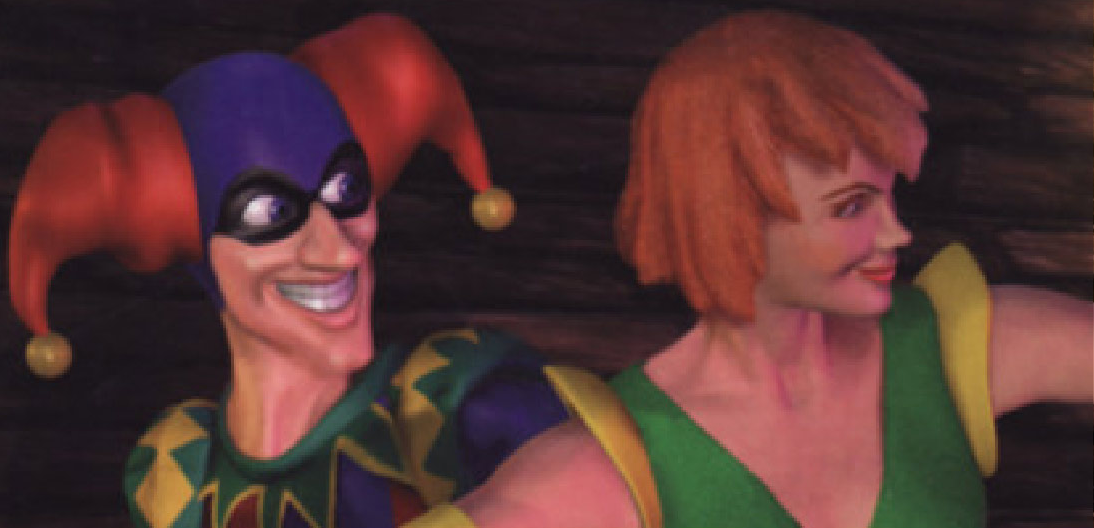
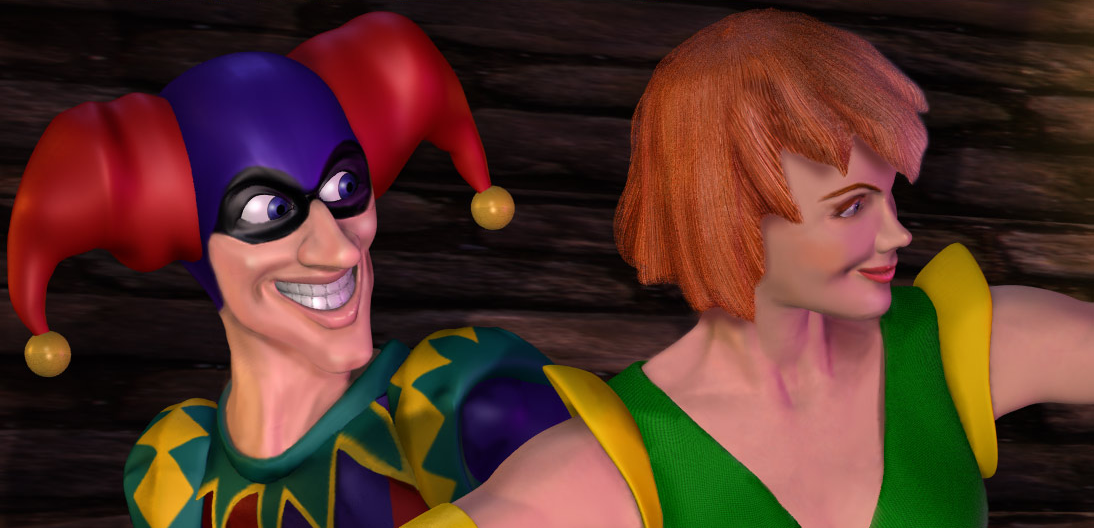
Promotional artwork for Crystal Dynamics’ Pandemonium! vs. the cleanest source of this artwork currently online.
Time has not been kind to much of this art. In some cases, the art was published, but in dramatically reduced quality: the needs of the early World Wide Web necessitated crunching down file sizes to accommodate dial-up internet speeds.
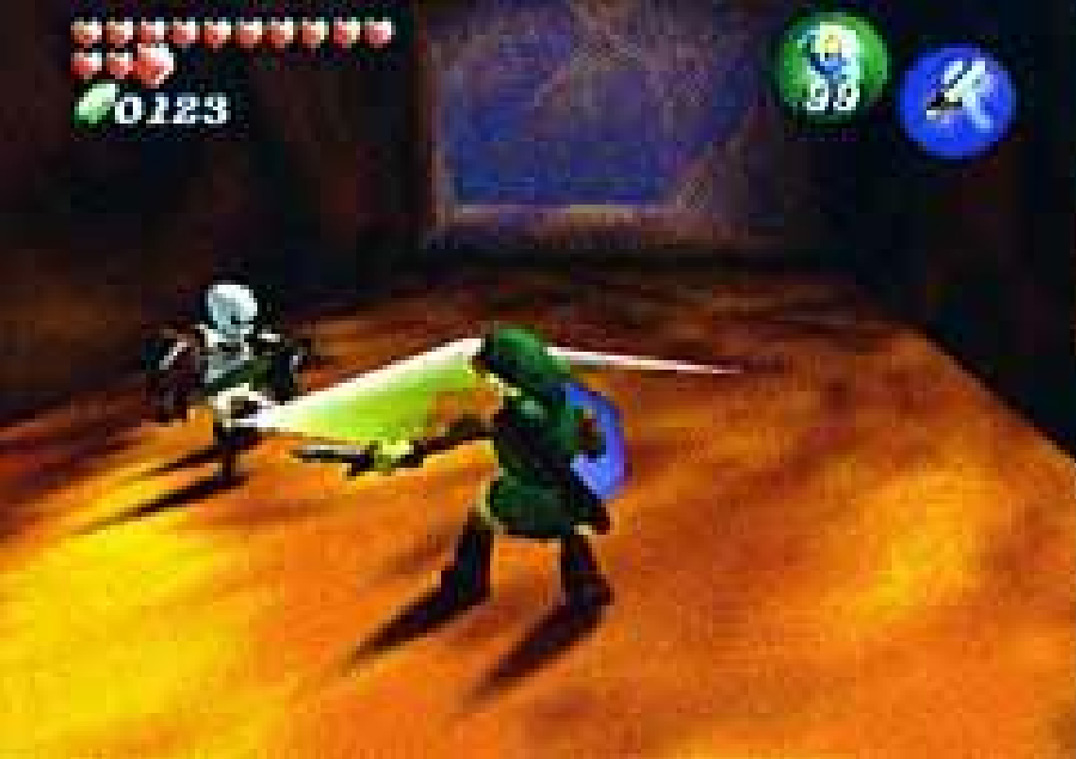
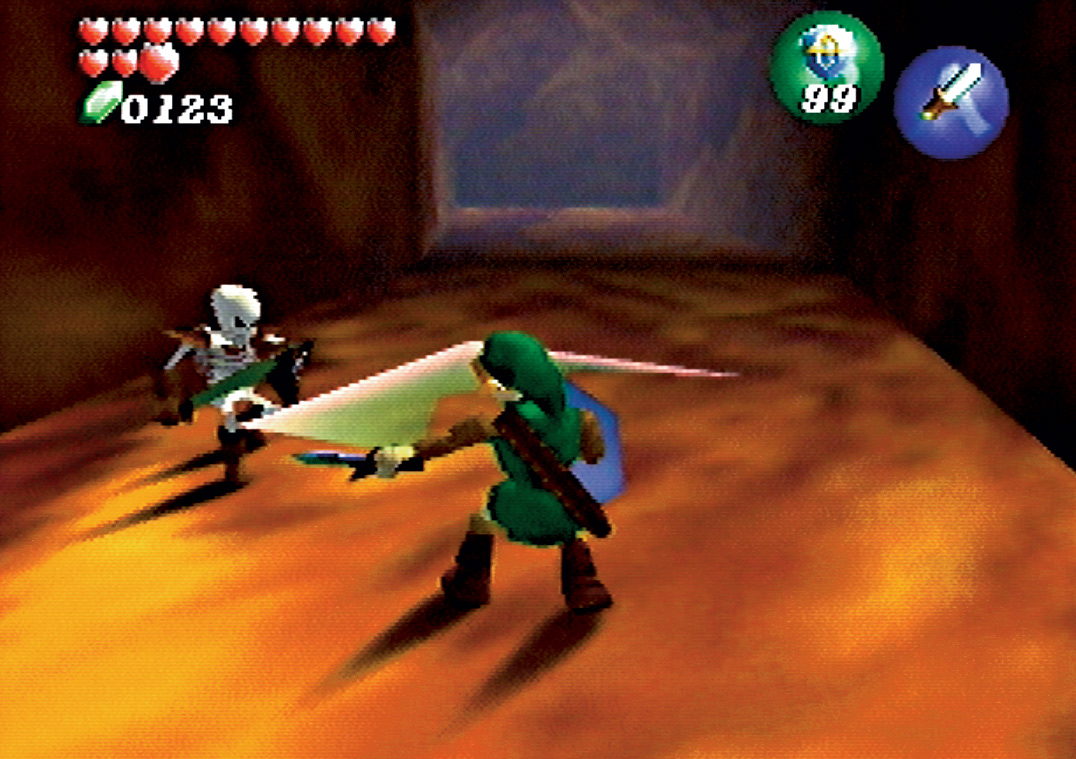
A pre-release screenshot of Nintendo’s The Legend of Zelda: Ocarina of Time. A tremendous amount of detail was lost when this asset was originally down-sized for publication.
In other cases, artwork was never available digitally at all, and was only used in print media. By recovering the original asset, we’re able to reverse time, and see what this material looked like before it was degraded by a printer.
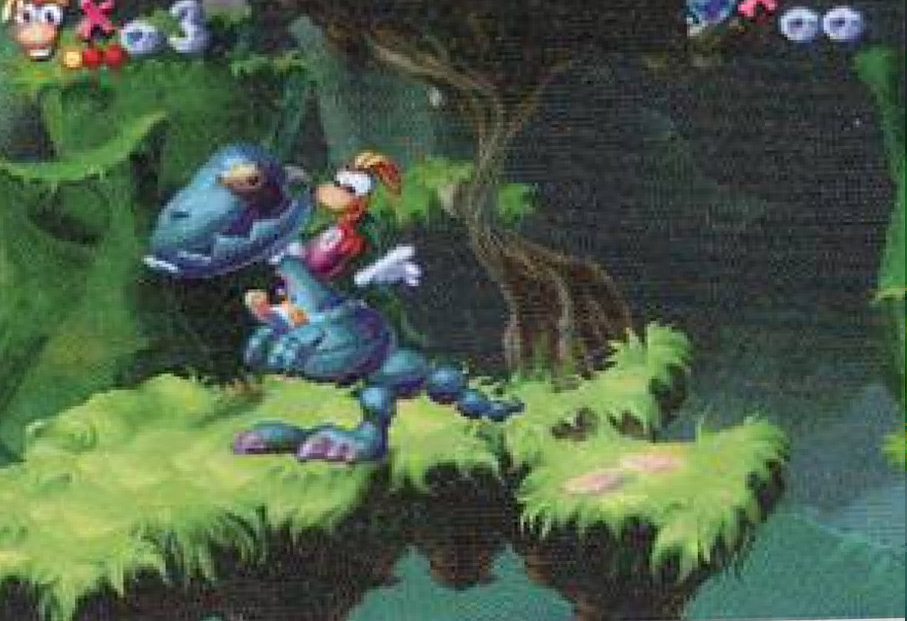
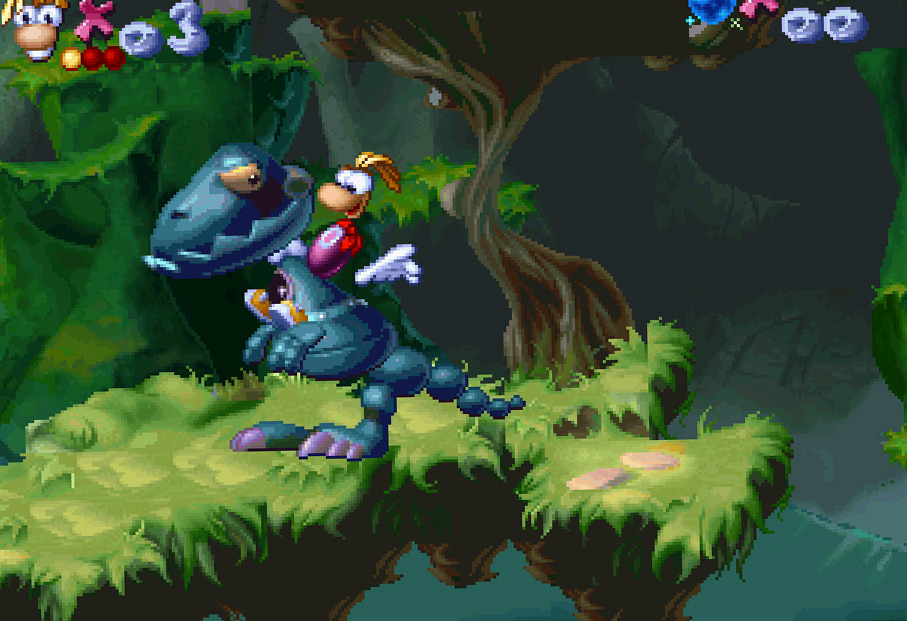
A screenshot for Ubisoft’s unrealized original 2D version Rayman 2. The only existing source online is a scan from a magazine.
Accessing the Collection
Currently, the Video Game Media Asset collection is mirrored on The Internet Archive. Each archive contains a raw sector rip of the original artifact, the files contained on the artifact converted to modern formats, and when available, photographs of the original artifact from which these materials were taken.
For easy browsing, we’ve also uploaded some of the artwork into Flickr galleries.
Lots More to Come
Now that we’ve established a home for this material and a digestion process, we’ll be able to quickly add new content to the collection from our extensive archive. Expect to see updates here and on our Twitter and Facebook feeds. And if you’re a part of our Patreon community, expect to see some early access and behind-the-scenes material into our archiving process too.
Help Us Grow!
We’re actively seeking to expand our collection and save as much of this material as possible! Are you or were you a journalist covering video games, that may still have some of this material? Do you know anyone who might fit that description? If so, email me directly at frank@gamehistory.org.